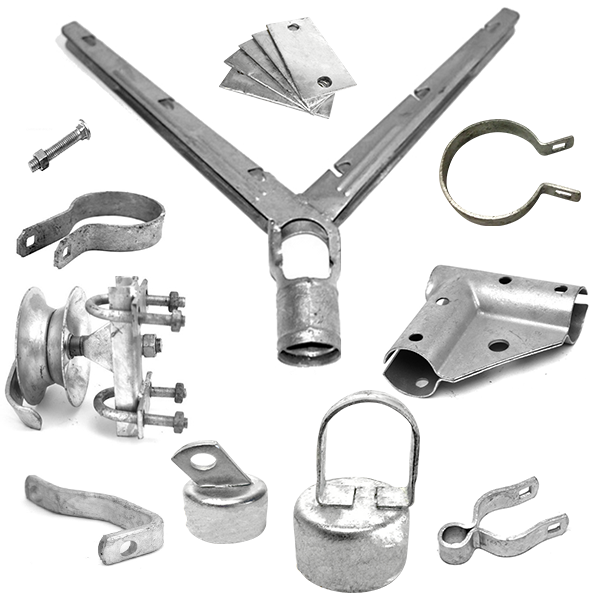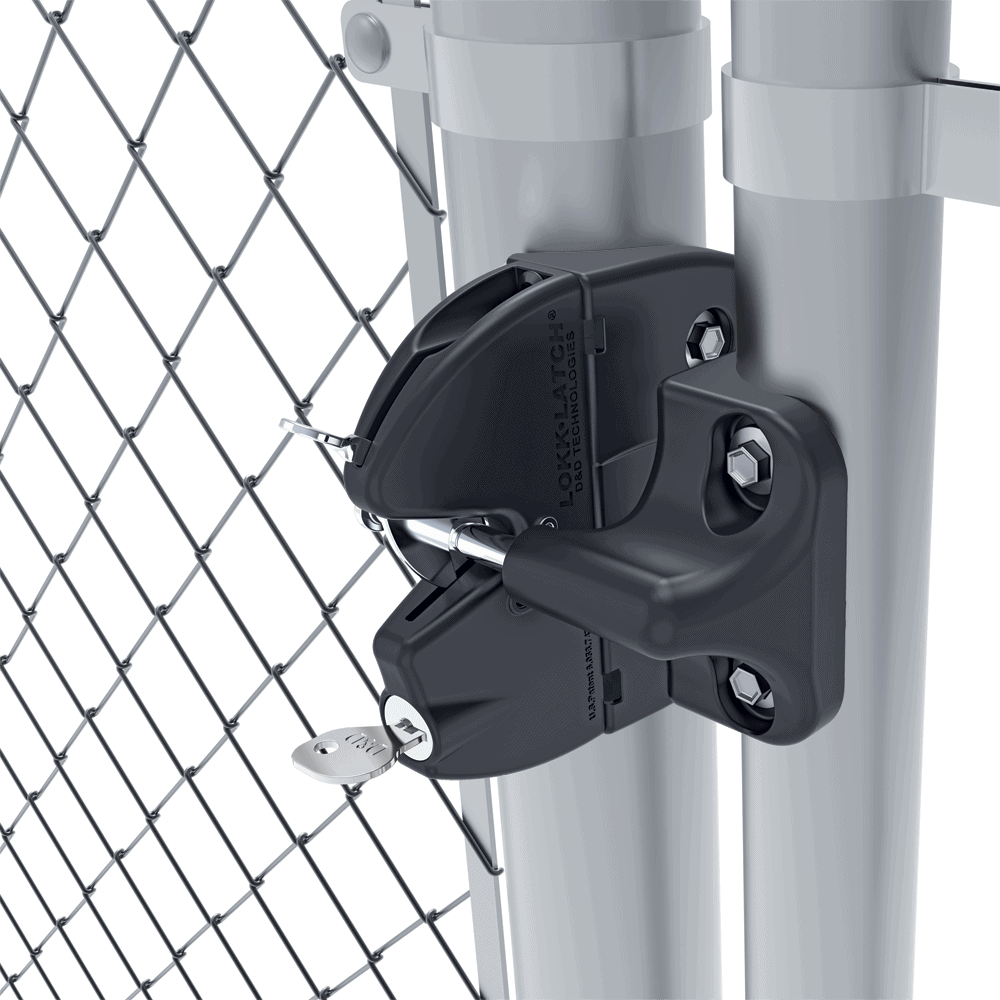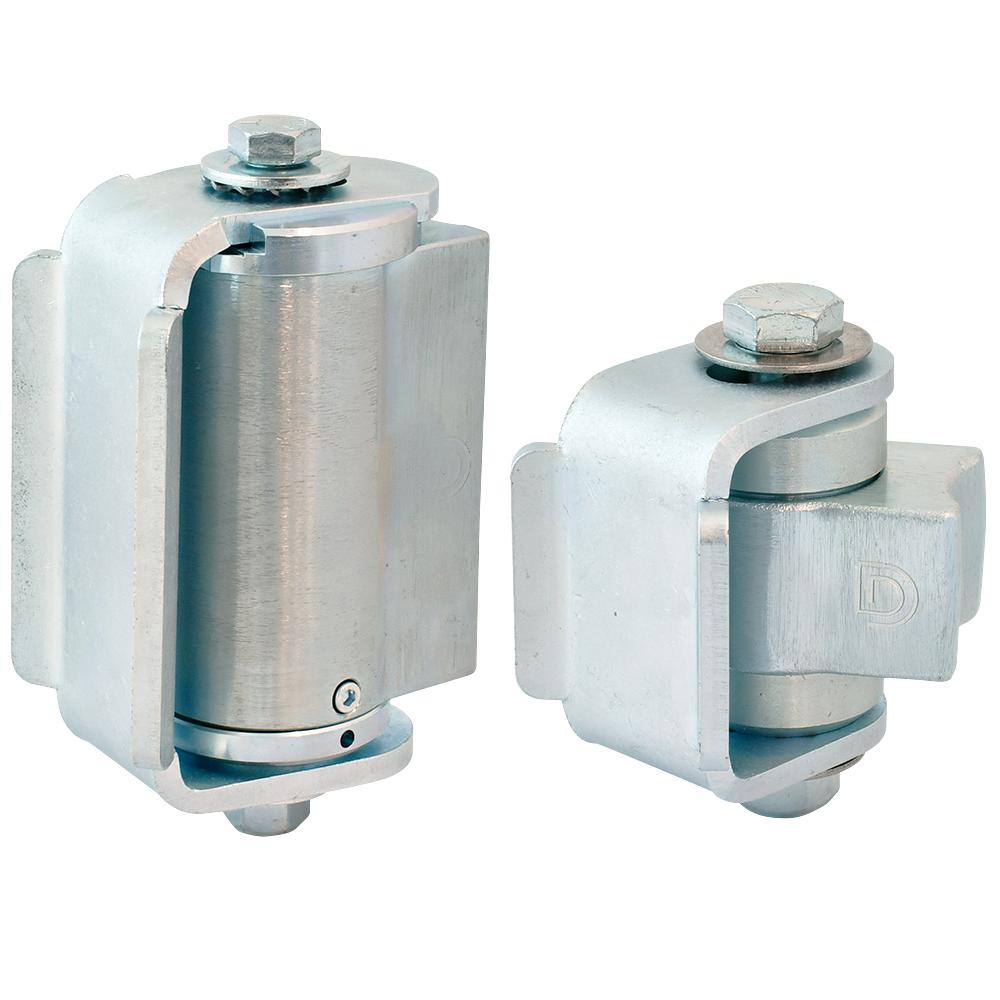How would a residential homeowner determine if their local building codes and regulations allow for the installation of chain link fence around their home?
We have heard this question time and time again from our customers, and, while codes and regulations vary drastically by municipality and state, here are a few helpful tips for finding the answer to your question.
To check if local codes and regulations permit a chain-link fence around your home in the US, follow these steps:
Steps to Determine Local Codes and Regulations for Your Area
-
Check Local Zoning Laws and Ordinances:
- Municipal or County Government Websites: Start by visiting the official website of your city or county government. Look for sections related to zoning laws, building codes, or planning departments. See our Online Resources section below for a link to a database that may be helpful with this.
- Code Enforcement Office: Contact your local code enforcement office or building department. They can often provide specific information about fence regulations in your area.
-
Homeowners Association (HOA) Rules:
- HOA Documents: If you live in a community with a homeowners association, carefully review the HOA’s governing documents (Covenants, Conditions, and Restrictions, or "CC&Rs") before purchasing any materials or hiring contractors. These documents often include specific rules regarding fencing.
-
Local Libraries or Public Records Databases:
- Library Resources: Some local libraries maintain copies of municipal codes and zoning regulations. This is typically not advisable as a first-choice option, since the records can be difficult to search and written in complex or technical language.
- Public Records: Visit the local government office or county clerk in your area to access public records that might contain relevant codes and regulations. Similarly to Library Resources, these records may also be difficult to locate or decipher.
-
State and Regional Building Codes:
- State Government Website: Some states provide online access to building codes and regulations. Check your state’s official website for any additional rules that might apply.
Online Resources and Databases
While there is not a single comprehensive database that covers all local building codes in the United States, the following resources may be helpful:
-
Municode Library:
- Municode: Provides access to municipal codes for many cities and counties across the United States.
-
American Legal Publishing:
- American Legal Publishing: contains a wide range of municipal codes and ordinances that may be complimentary to the resources found on Municode.
-
Building Code Online Resources:
- International Code Council (ICC): ICC provides information about the International Residential Code (IRC), which many local codes are based on.
- State-Specific Building Code Websites: Some states have specific State-level websites dedicated to building codes. For example, California Building Standards Commission for California, or Florida Building Code for Florida.
Consulting with Professionals
- Contractors and Fence Installers: Local contractors and fencing installers may be more familiar with local regulations and can provide guidance based on their experience.
- Architects and Engineers: These are highly-trained professionals that are very likely to have an in-depth knowledge of local building regulations. Hiring a professional who understands local building codes can ensure compliance and help navigate complex regulations.
By following these steps and utilizing available online resources and knowledgable local professionals, you can more easily determine if a chain-link fence is permitted in your area and ensure that your project complies with all relevant regulations.










